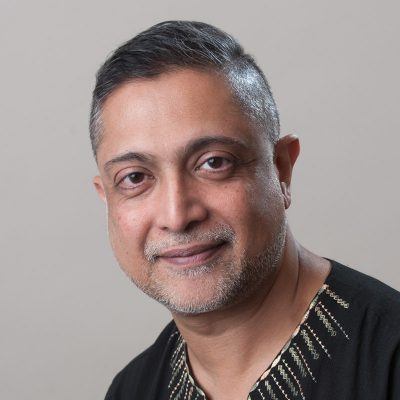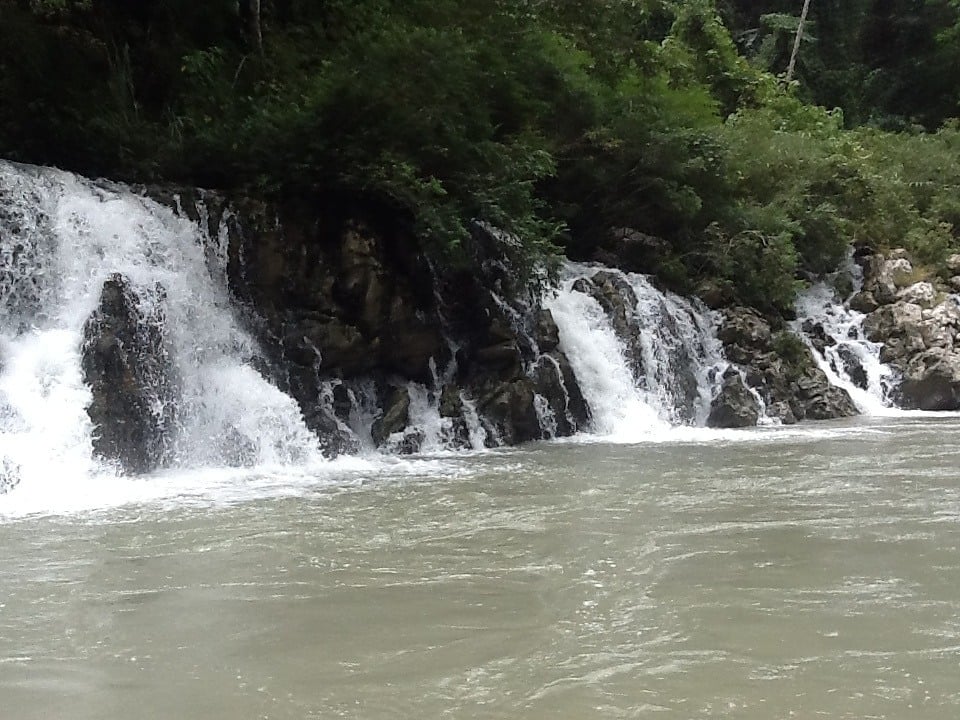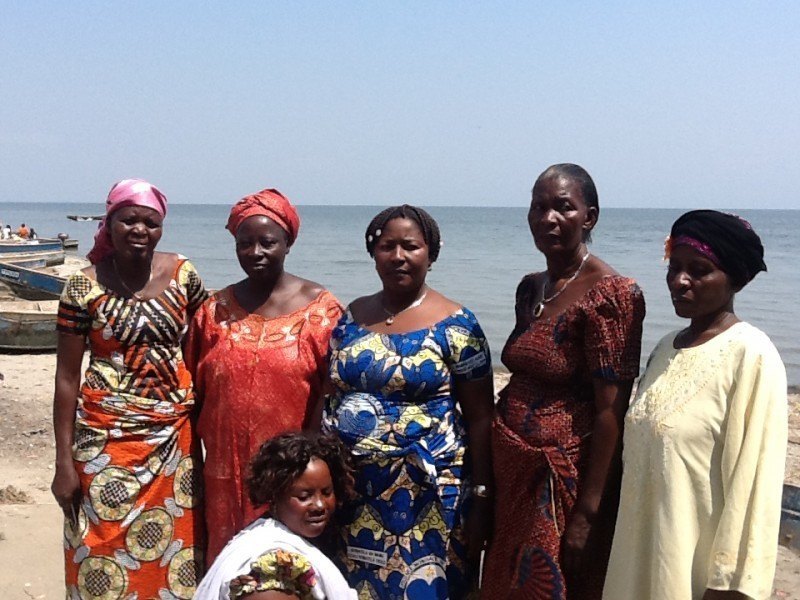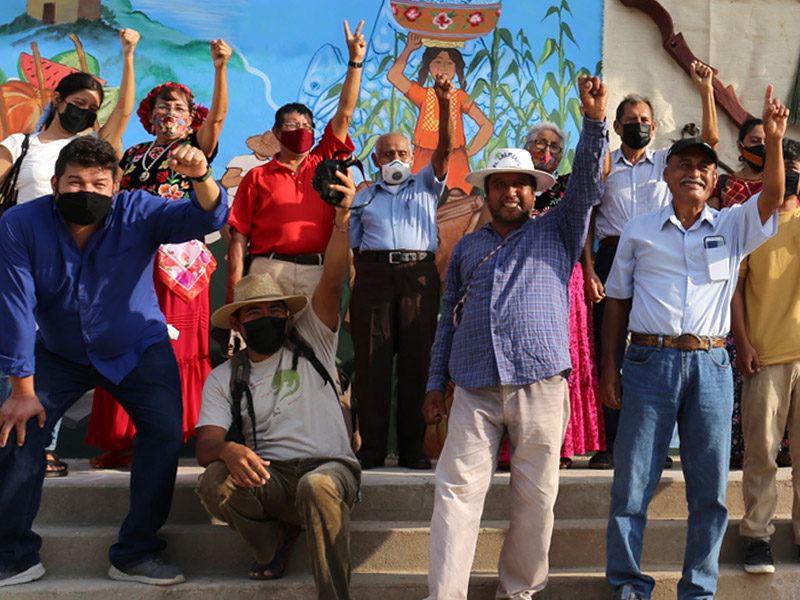Nikhil Aziz, Director of Natural Resource Rights at AJWS, visited AJWS’s grantee organizations in Guatemala and has been sharing stories from his travels.
The day began early. We left at dawn to pick up Eridania “Eri” Martinez, founder of AJWS grantee Puente de Paz, and we traveled to a remote area of Guatemala’s Ixcán region on the Chixoy River. Puente de Paz is a women-led organization that supports smaller community-based organizations like ACODET (Association of Communities for Development, Defense of Territory, and Natural Resource Rights). ACODET is helping indigenous people advocate for themselves. Puente de Paz works in El Quiche and in neighboring areas like Alta and Baja Vera Paz, Guatemala.
Eri is originally from Panama but has made her home in Guatemala. She traveled to Guatemala over 20 years ago, inspired by indigenous peoples’ struggle there for human rights and equality.
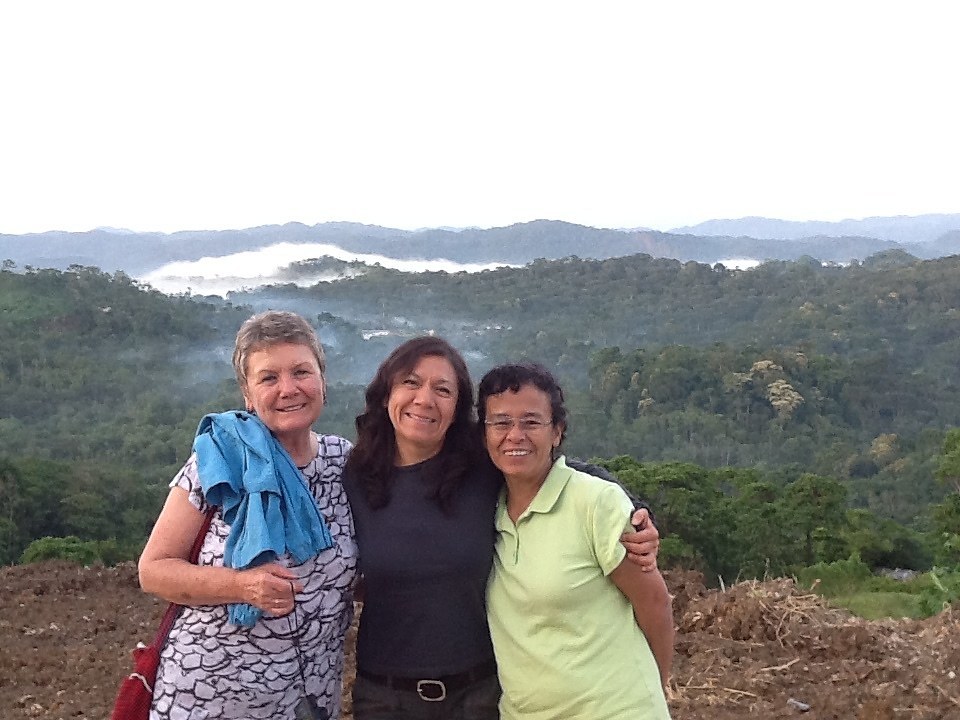
We arrived in the village that is located at the heart of the opposition to the Xalala dam, a proposed new dam on the Chixoy River. The village is upstream from the infamous Chixoy dam—a dam that was the cause of a massacre of indigenous Mayans who opposed the dam by the Rios Montt regime in the early 1980s. Just last year, the then government of Otto Pérez Molina, who was accused of war crimes during Guatemala’s civil war, apologized for the massacre and promised reparations.
After a hearty breakfast of black beans, eggs and freshly handmade blue corn tortillas, we met with Victor Caal Fuy, ACODET’s coordinator, and a group of young men who were part of the organization. “We came together as ACODET in 2006 when the Xalala dam project was resurrected by the government. Many of our elders knew what had happened with the Chixoy dam, and they didn’t want a repeat of that,” Victor said.
In 2007, ACODET youth worked with Puente de Paz and the various communities they serve. They organized assemblies of elders, women, youth, and groups from the entire community in areas that could be damaged by the construction of the Xalala dam, both upstream and downstream. ACODET showed people a video of the Chixoy dam and its harmful consequences. Overwhelmingly, people opposed the dam’s construction.
Views of the Chixoy river that the government seeks to construct the Xalala Dam on
Megan Thomas, AJWS consultant in Guatemala, told me that the elders gave the youth their marching orders to take action. “[The elders] told [the youth] they had the energy to travel long distances, to work long hours, and knew the language (Spanish) to communicate with the government, and so they were best equipped to represent the indigenous communities’ interests.”
All of the youth involved, from Victor to the president of ACODET Basilio Sagüi Tot, are volunteers. They work their day jobs, but they feel that this is a matter of life and livelihood that they can’t ignore. Plus, they are responsible to their elders and to their communities that have placed faith in them and their leadership.
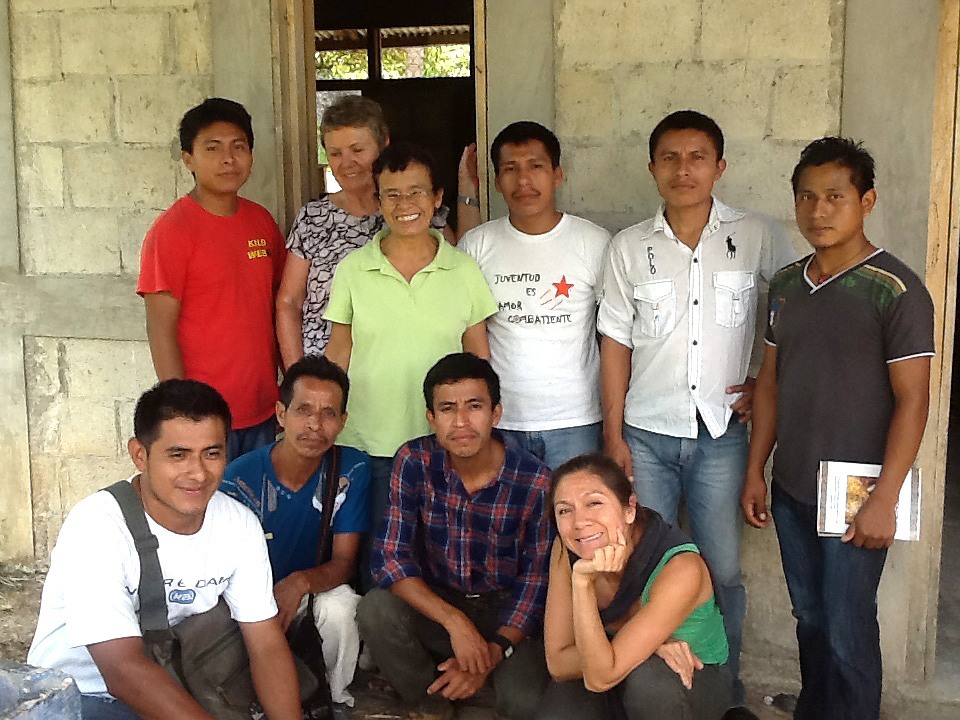
In 2010 ACODET did a “biocultural diagnostic,” also known as a landscape analysis. “What does defending territory really mean? Is it just the land and river or everything on and in it?” said Basilio, indicating that territory meant much more than just the land and river; it included all of the trees, plants, land animals, birds, and aquatic life as well.
ACODET has now developed what it calls an early warning system. This includes doing research on corporations and their threats of exploitation and then providing that information to community members. And, when needed, they even organize people (“runners”) to convey information during emergencies, since phones and internet are often down or simply not available in remote areas. “We can mobilize over 1,000 people in half an hour if needed,” Victor said, “using runners if the phones are down.”
During one such mobilization, the communities confronted politicians who had come to see the river and dam site. They challenged the politicians to show how they’d helped their constituents. When the politicians returned empty-handed to Guatemala City, they claimed they’d been forcibly detained by the villagers. ACODET youth, who had videoed the entire meeting, had proof otherwise and were able to show the world that the politicians had been lying.
The president of ACODET shared that they have developed relationships with a lot of allies. “One indigenous member of Congress gave us information on the Brazilian company that was awarded the contract for reviewing the dam project, information we could use in our advocacy efforts.” ACODET successfully challenged the award of a no-bid contract to the Brazilian firm, which led to its cancellation.
ACODET is also involved in voter registration and education, and the organization is part of a nascent regional social movement, the Social Movement of Ixcán. “What we need is a national platform on these issues,” he said. “We need good analysis that can inform public opinion, not only on dams but, more broadly, alternate forms of energy production that are more sustainable.”
ACODET plans to initiate and be front and center in these dialogues. Victor said quietly, but firmly: “I don’t want my children to go through what my parents have.”
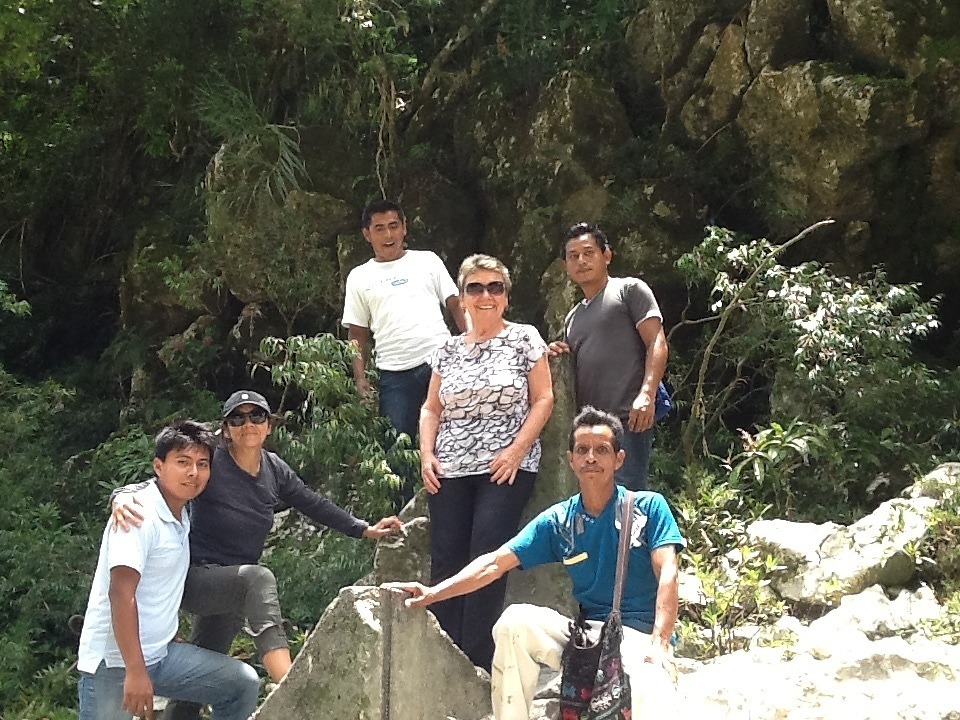
 Nikhil Aziz is the director of Natural Resource Rights at AJWS. Before joining AJWS, he was executive director of Grassroots International, which funded social movements for resource rights in the Global South and did advocacy in the United States. Previously, Nikhil was associate director at Political Research Associates, which studied the right wing for the progressive movement. He continues to speak, teach and write on human rights, international development and social change. Nikhil has served on the boards of Africa Today Associates, Massachusetts Asians & Pacific Islanders for Health, MASALA (Massachusetts Area South Asian Lambda Association), Resist, and the International Human Rights Funders Group. He currently serves on the boards of Engaged Donors for Global Equity (EDGE Funders) and the Jessie Smith Noyes Foundation.
Nikhil Aziz is the director of Natural Resource Rights at AJWS. Before joining AJWS, he was executive director of Grassroots International, which funded social movements for resource rights in the Global South and did advocacy in the United States. Previously, Nikhil was associate director at Political Research Associates, which studied the right wing for the progressive movement. He continues to speak, teach and write on human rights, international development and social change. Nikhil has served on the boards of Africa Today Associates, Massachusetts Asians & Pacific Islanders for Health, MASALA (Massachusetts Area South Asian Lambda Association), Resist, and the International Human Rights Funders Group. He currently serves on the boards of Engaged Donors for Global Equity (EDGE Funders) and the Jessie Smith Noyes Foundation.

